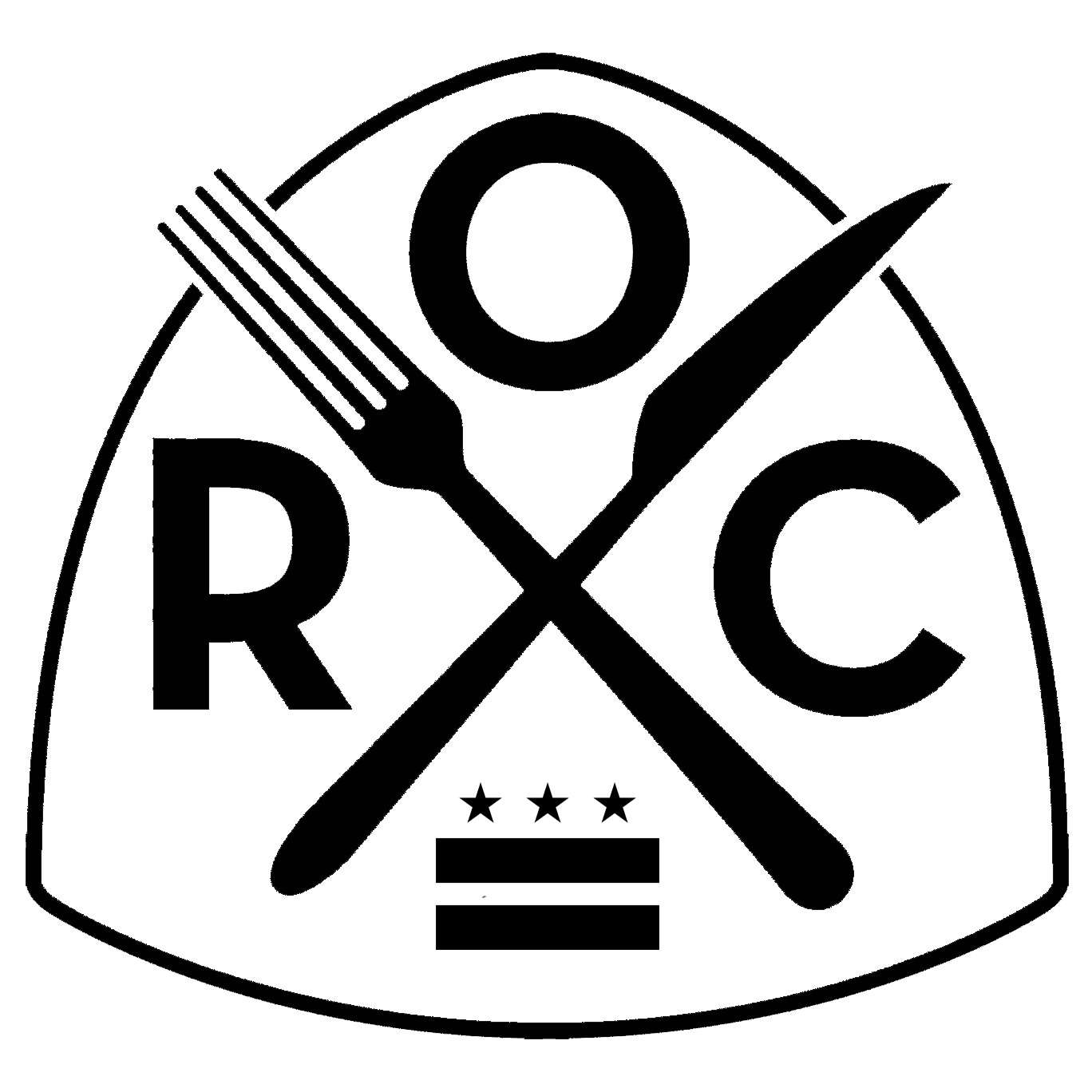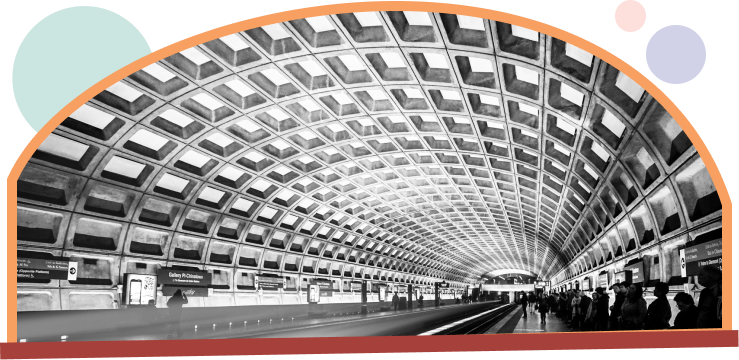
Just as organizations can capitalize on the increased energy to fight the systemic oppression of BIPOC, so too can they use the pandemic as a catalyst to secure new social supports. DC Jobs with Justice, for example, has supported mutual aid efforts while advocating for expanded sick days and funding for workers excluded from government benefits for the unemployed. COVID provides an organizing opportunity to invite community members to reimagine what healthcare should look like, to analyze and assess the current system, highlight its flaws, and fight for something better.
In the meantime, power-building organizations will continue finding ways to support immediate needs. African Communities Together has provided rent assistance and helped tenants in apartment buildings identify strategies to stay safe. Bread for the City has expanded access to COVID-19 testing in its own clinics.
Multiple groups have developed new partnerships with direct service providers, churches, and restaurants, and they will continue to build on those relationships after the virus has been managed. They will keep working across race and issue lines, increasing their collective capacity to make change in the region. They will maintain their commitment to an intersectional analysis so that the systemic and structural change they create includes all.
Grassroot organizations we’ve partnered with
Bread for the City
View website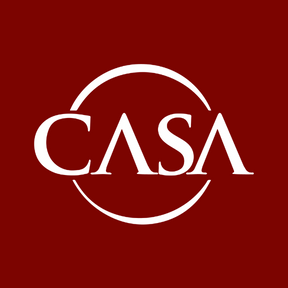
CASA
View website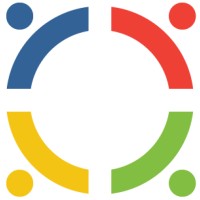
Centerville Labor Resource Center
View website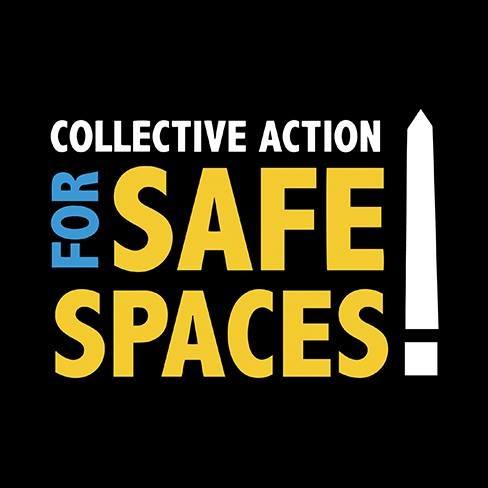
Collective Action for Safe Spaces
View website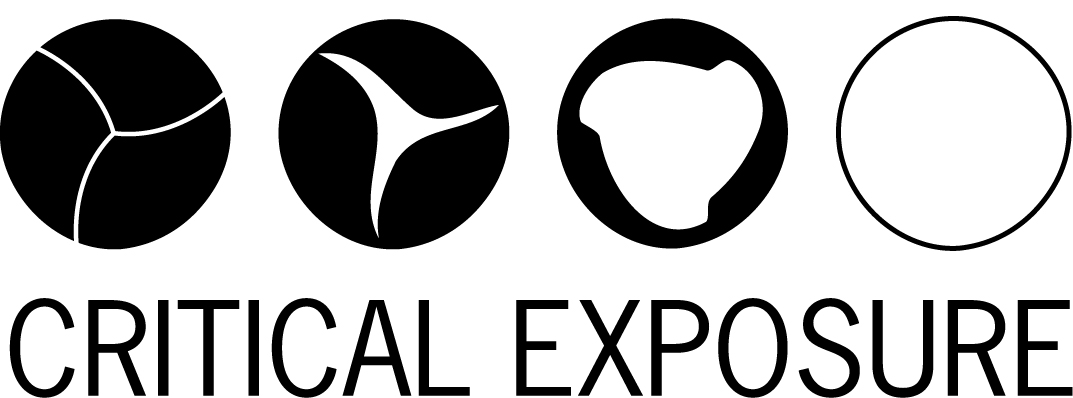
Critical Exposure
View website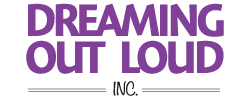
Dreaming Out Loud, Inc.
View website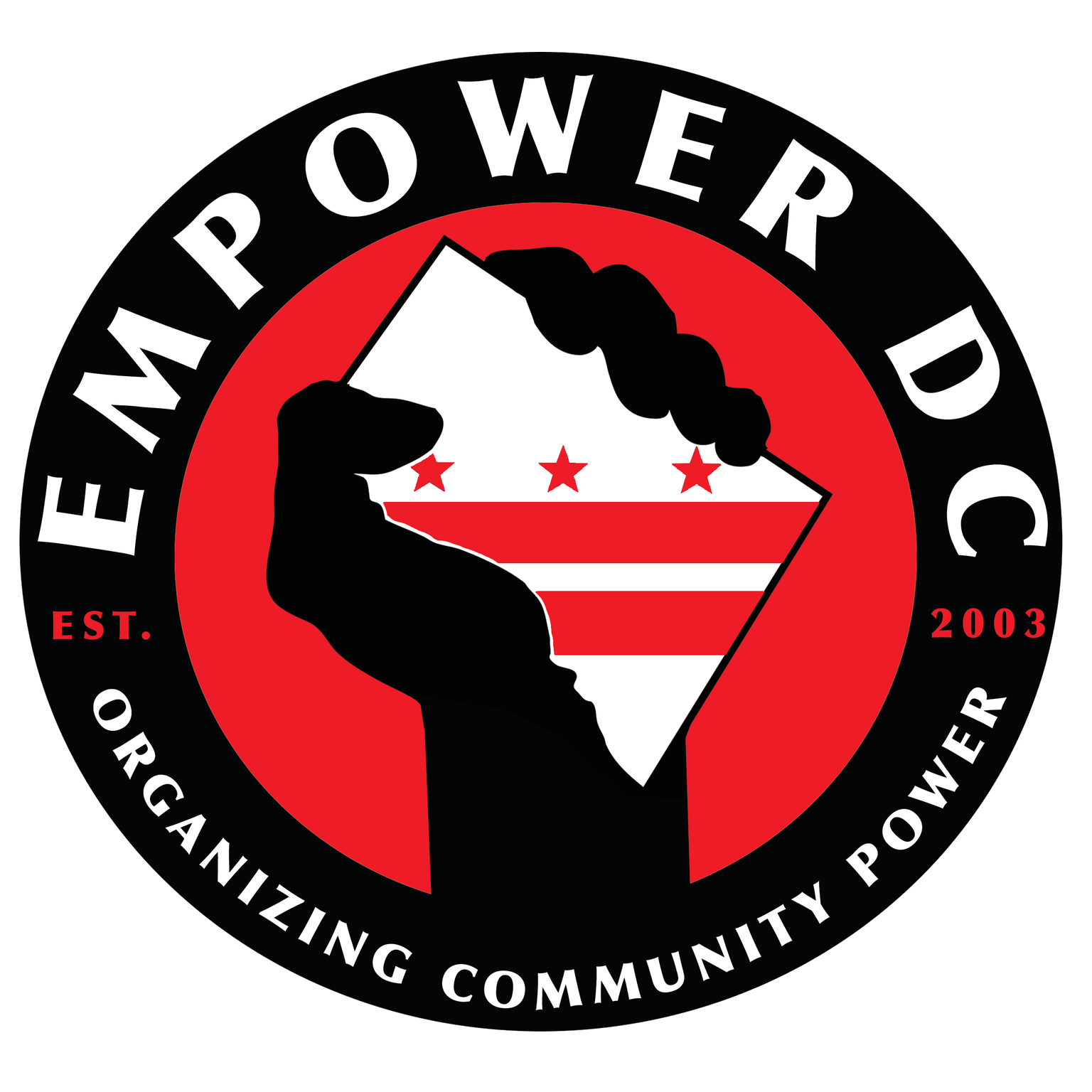
Empower DC
View website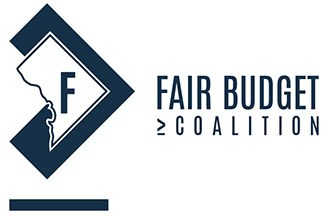
Fair Budget Coalition
View website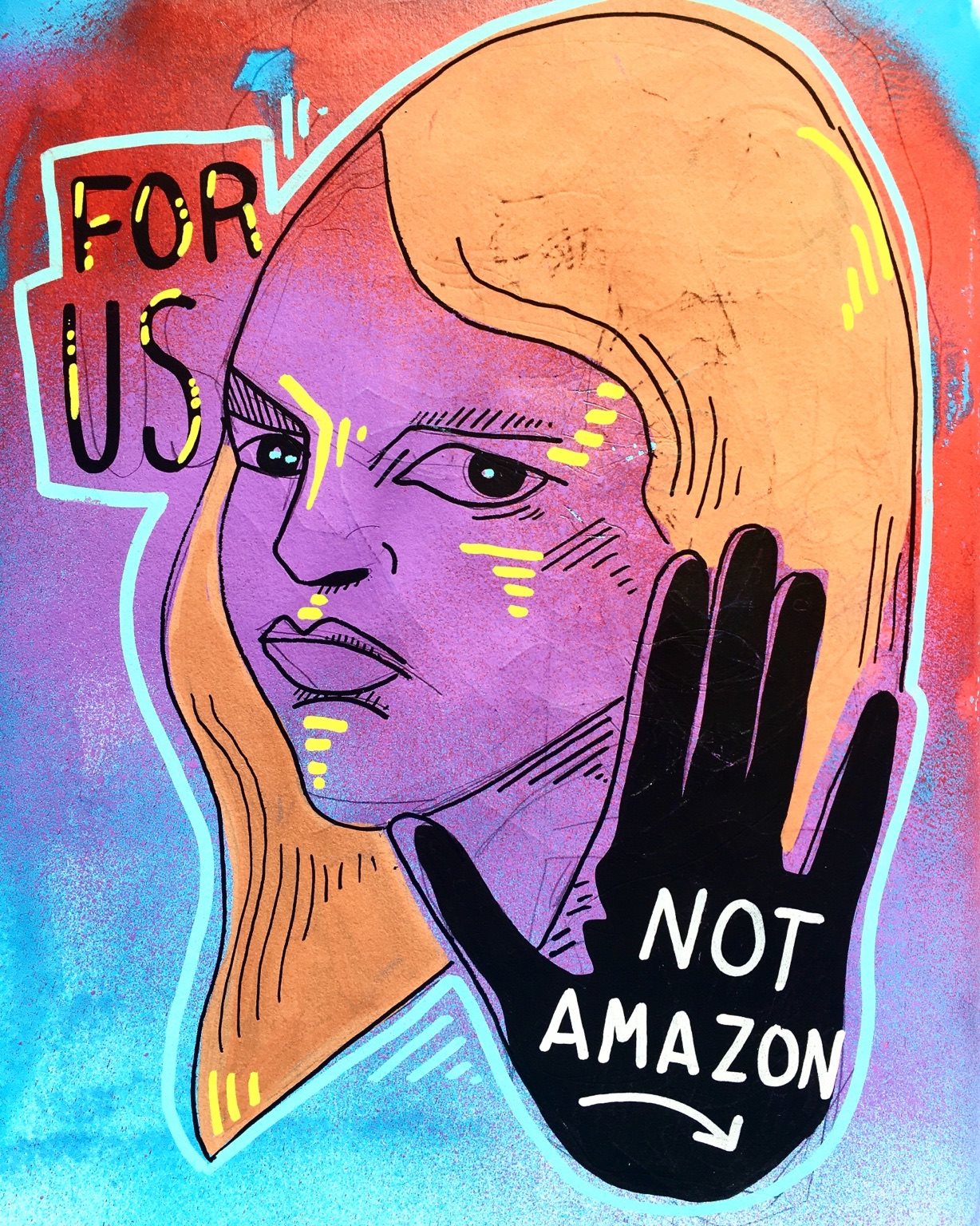
For Us, Not Amazon
View website
Hamkae Center
View website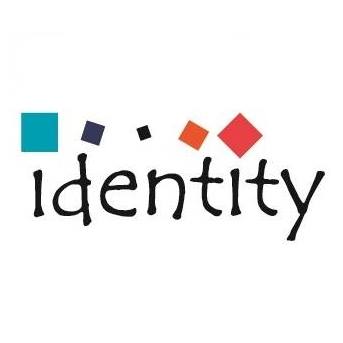
Identity
View website
Jews United for Justice
View website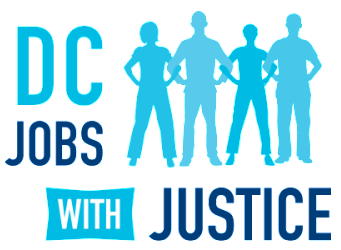
Jobs with Justice DC
View website
Justice for Muslims Collective
View website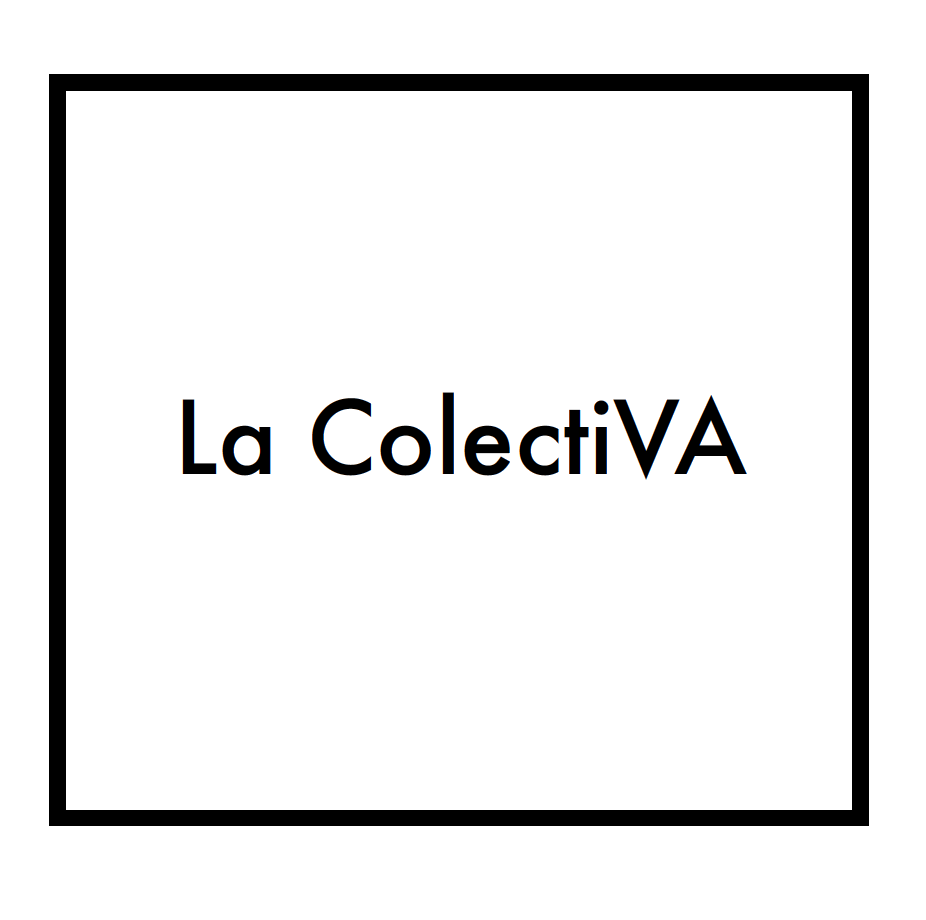
LaColectiVA
View website
Legal Aid Justice Center
View website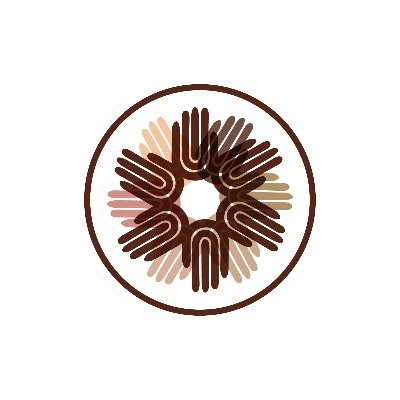
Many Languages One Voice
View website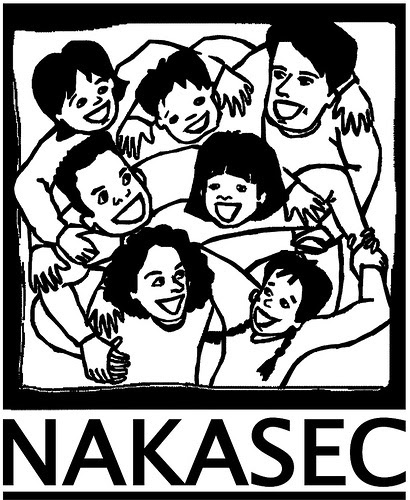
NAKASEC
View website
New Virginia Majority
View website
No Justice No Pride
View website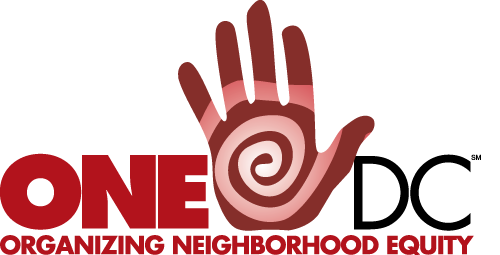
ONE DC Black Workers & Wellness Center
View website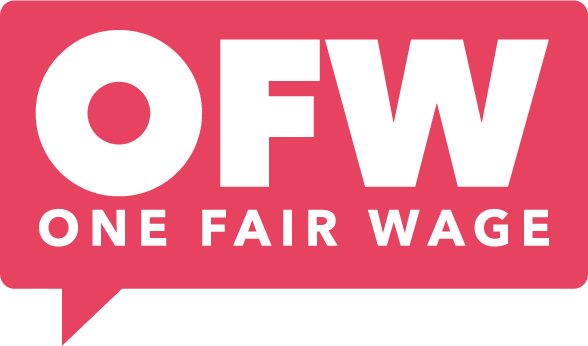
One Fair Wage DC
View website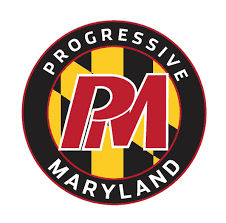
Progressive Maryland
View website